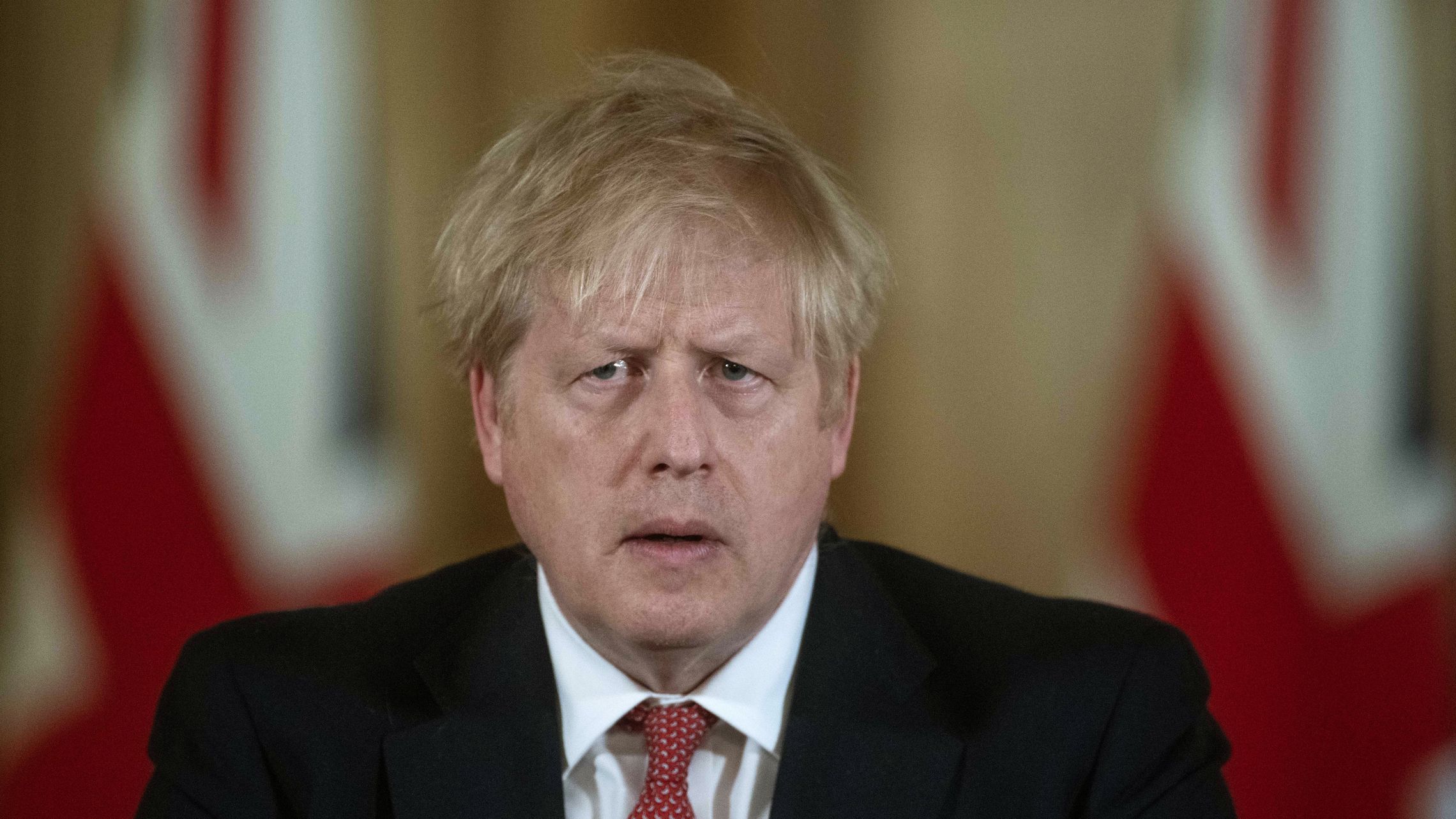
Pricing strategies for wedding photographers – 3 tips
February 13, 2017
The Wedding DJ/Band: 6 important clauses to include in your terms and conditions
February 26, 2017If you are a wedding/event photographer or thinking of setting up a photography business, this blog will hopefully provide you with a basic understanding of your legal rights. We also provide a basic checklist of items to be covered in your service contracts.
The intellectual property rights of photographs
Under the Copyright, Designs and Patents Act 1988, the owner of the copyright in the photographs will be your business. This means that your customers/ third parties will not be able to use the photographs, for example for use on social media, without your permission. Permission usually takes the form of assignments (giving the rights to the other party) or licenses (giving consent to the other party to use the photographs).
Licenses are beneficial to your interests as you keep the rights over the photographs, whilst allowing your customers to keep and use them for their own personal needs. When giving license for use of the photographs it is important to clearly outline the extent of the license – i.e. what material the customers are allowed to use and how they are (and are not) permitted to use the material.
Procedure for cancellation
A well drafted service contract will always contain provisions for what would happen in situations of cancellation. For example, in the event of a cancellation by the customer, the contract may contain a grace period within which they would receive a refund of payments already made, or a deadline after which they can no longer claim a refund.
In the case of a cancellation by your business, clauses should be inserted into the contract that you will oblige your to take reasonable endeavours to provide a substitute service.
Quality of the Photography
It is important to insert a clause which provides guidance as to the quality and nature of the photographs, in order to provide legal protection for your business in the event that your customers are dissatisfied with the photographs.
Commonly businesses provide sample photographs and insert a clause guaranteeing that the photographs produced will be of the same style and standard as the samples. This ensures that as long as you can produce photographs which are comparative to the sample, customers will not be able to take legal action for any dissatisfaction. You can also add that the photographers must have the necessary artistic discretion to capture and produce photographs in accordance with such style and quality.
It may also be useful to insert a ‘key moments’ clause. In such a clause you would guarantee to use reasonable endeavours to capture a certain list of key moments (for example the bride coming down the aisle), whilst also adding that you cannot guarantee the capture of unexpected moments and will not be responsible for capturing all attendees.
Changing plans
There is an expected level of the unexpected when planning weddings. To protect your business from liability, you are advised to insert a clause stating that you will not be required to refund the customer where you are unable to attend in the event of a last minute change of location or time.
Details about the event
Remember to insert the smaller details about the events which you will be photographing. For example, making sure the photographers on the day have a contractual right to a hot meal, or if not a meal that they can have a lunch break to go and get themselves a meal.
Clarity, Specificity and Brevity
As with any contract, it is important that each clause be worded clearly and carefully, to avoid conflict between the parties due to misinterpretation. Keep sentences as to-the-point as possible, taking away all unnecessary wording. It may be important to define terms used in the contract, especially technical terms of the photography process. Look at each clause and ensure that the words cannot be interpreted differently from what you intended.
For further guidance on drafting your terms of business contact info@theweddinglawyer.co.uk
This blog is by a guest blogger – Yavnik Ganguly




